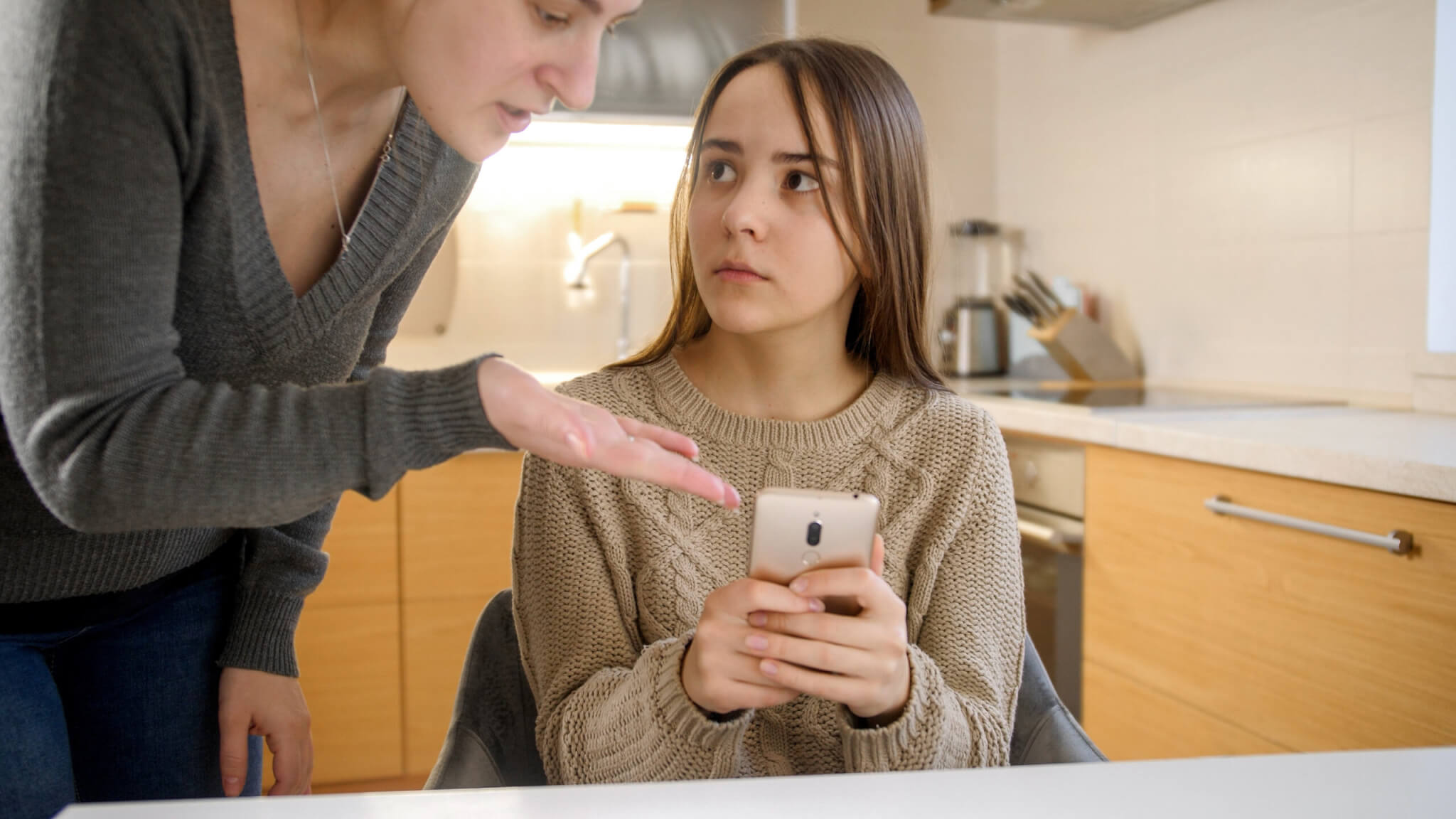LONDON — Problematic social media use is a real phenomenon that researchers and health professionals believe may be just as harmful as other addictions. Now, a new study finds receiving therapy for this obsession will not only reduce someone’s dependence on screen time but may also rid them of depression.
Study authors from University College London report that therapy targeting problematic social media use can effectively enhance the mental well-being of individuals struggling with depressive symptoms. As of 2022, an estimated 4.5 billion people were using at least one form of social media.
These platforms have revolutionized the way people communicate, form relationships, and perceive one another. However, they can also lead people to spend countless hours scrolling through their digital devices.
Researchers explain that “problematic use” occurs when a person’s preoccupation with social media distracts them from important tasks and leads them to neglect responsibilities in other areas of their life. The study, published in the Journal of Medical Internet Research, discovered that interventions targeting social media use could genuinely assist adults who find social media to be problematic or interfering with their mental health.
Various social media use interventions, such as abstaining from or limiting social media, coupled with therapy-based techniques like Cognitive Behavioral Therapy (CBT), have already been designed and evaluated. The UCL team analyzed 23 studies, including participants worldwide, from 2004 to 2022. They found that 39 percent of the studies reported improvements in mental well-being through social media use interventions.

The team emphasized that the enhancements were particularly significant in alleviating depression, with 70 percent of the studies witnessing a “significant” improvement in symptoms after cutting their social media usage.
Therapy-based interventions were the most effective, enhancing mental well-being in 83 percent of studies. In comparison, only one in five studies found an improvement with limited social media use, and 25 percent where social media was abandoned altogether.
“Mental health issues are on the rise, as is the number of people who use social media,” says Dr. Ruth Plackett, the study’s lead author from the UCL Institute of Epidemiology & Health, in a media release.
“Health and care professionals should be aware that reducing time spent on social media is unlikely to benefit mental wellbeing on its own. Instead, taking a more therapy-based approach and reflecting on how and why we are interacting with social media and managing those behaviors could help improve mental health.”
“As primary care physicians, we should proactively explore social media use and its effects on mental health in patients who present with anxiety and/or low mood in order to give those patients the opportunity to benefit from treatment including some of the more effective interventions outlined in our review,” adds study author and general practitioner Dr. Patricia Schartau, also from the UCL Institute of Epidemiology & Health.
While some studies praise social media sites for providing users with increased social support, other evidence connects them with depression, anxiety, and other psychological issues, particularly among young people.
The UCL team hopes that their findings will assist in developing guidance and recommendations for policymakers and medical professionals on how to best handle problematic social media use. However, they also acknowledge that further research is required to pinpoint who might benefit most from social media use interventions.
South West News Service writer Stephen Beech contributed to this report.

